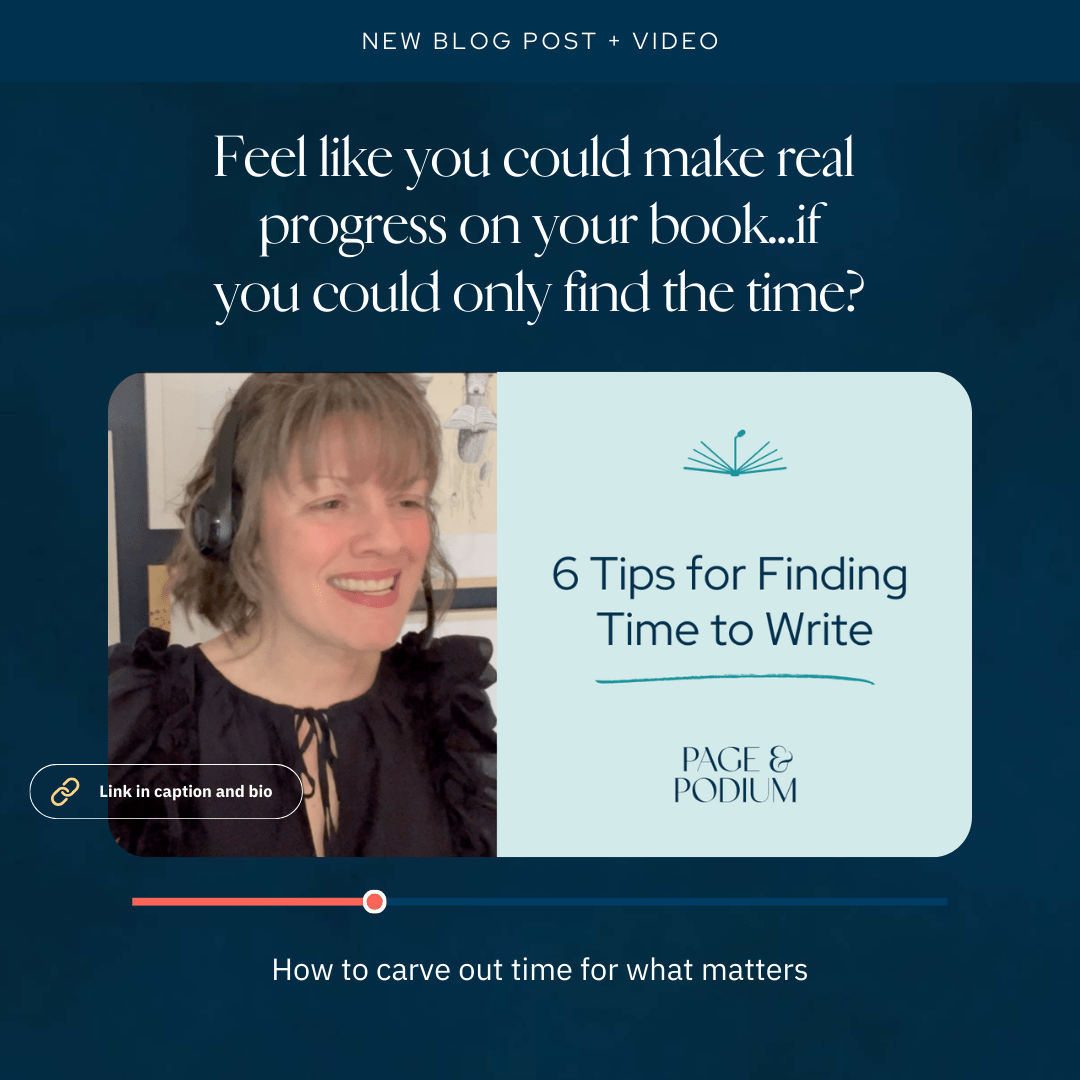
My Grandpa recently died. He was 97 years old. In the last year of his life, he was a diminished, weakened version of the man that I knew growing up. He filled any room he was in—not because he was over six feet tall, with broad shoulders and the biggest hands I have ever seen—but because of the presence that radiated off of him. Not because he was loud—he wasn’t. Not because he demanded attention—far from it. It was just how Grandpa was. Laughing or lecturing, playing cards, or heading off to work. He was always larger than life. And now he is gone. He is gone, and I am so lucky to have been able to spend the time with him that I did documenting his life and his story. I only wish that I would have started sooner.
On my own way home from work one day, I happened to call my sister, who had just returned with her boys from a visit with Grandpa. They had driven all around the rural county, her boys in the back and Grandpa in the front talking and pointing out landmarks. With each recognition of a family farm, local business, or church came a string of stories about potlucks, fires, or weekend get-togethers. It was decades of history and a legacy of memories that were at risk of being lost to the past.
I suppose that is why there are so many cliches about not knowing what is important in the moment:
I wish I would have known it was the good times when I was in them.
Youth is wasted on the young, wisdom is wasted on the old.
You never know what you have until it’s gone.
And so on, and so on, and so on. Maybe they make more sense to me now because they’re true. And then of course, maybe it’s because I’m only beginning to realize the truth behind the statements now that I am well beyond the very experiences those phrases describe. They are clichés for a reason, after all.
Interviewing my grandpa for a memoir was truly one of the most memorable things that I have done in life. I mean, how many people get to spend hours sitting and talking with an older loved one about their life? When I was in middle school, I interviewed my great-grandma (can you believe it?) about what it was like to live through the great depression. I remember thinking that it was nice to see my grandma, but I can’t say that I was able to take the meaning from it that I would today. I would LOVE to be able to go back and have that experience again. But alas. On the other hand, as a 43-year-old, I was able to recognize the gift that I was granted more recently—the sharing of memories with my grandpa before it was too late.
I got to sit and talk to him about meeting my grandma for the first time (a blind date), and what it was like courting someone in rural Kansas in the 1940s. I learned about great-grandparents that I never knew, the first generation of Dechants in the country. I got to hear about father, not as the stern man I knew, but as a kid trying to get out of his chores. The world that I got to experience through his stories was quite honestly life-changing. And I thought that I was the one benefitting from our talks, the one “getting” something from it. But it wasn’t just for me, maybe not even close.

We lost grandma 10 years earlier, and listening to him talk about the barn dances, the roller skating, and the picture shows, I saw a shine in his eyes that I don’t have the words to describe. When he talked about friends, mostly gone by now, he smiled over the very same kind of teenage antics that my friends and I got into. He told of playing cards around the table of nearly every imagined event, from funerals to weddings—the card table was used as a venue for celebrations, and a path to work through grief. In the end, I’m not sure who our talks meant more to, him or me.
Now the family has something that will last so long as Amazon is a thing. Grandpa’s story has been written; the story of his family that came before, and his family as it grew and lived beyond him is published forever. My parents have that book, I have that book, and I hope to be able to share it with the next generation and the one after that. Because honestly, it’s my story as well, and it will be theirs too. As much as I am a product of my parents, they are a product of theirs, and so on, and so on. That doesn’t end with the passing of one man, even one as large in life as my grandpa. The land he worked still exists, as does the legacy of his family, and now his stories as told to me.



